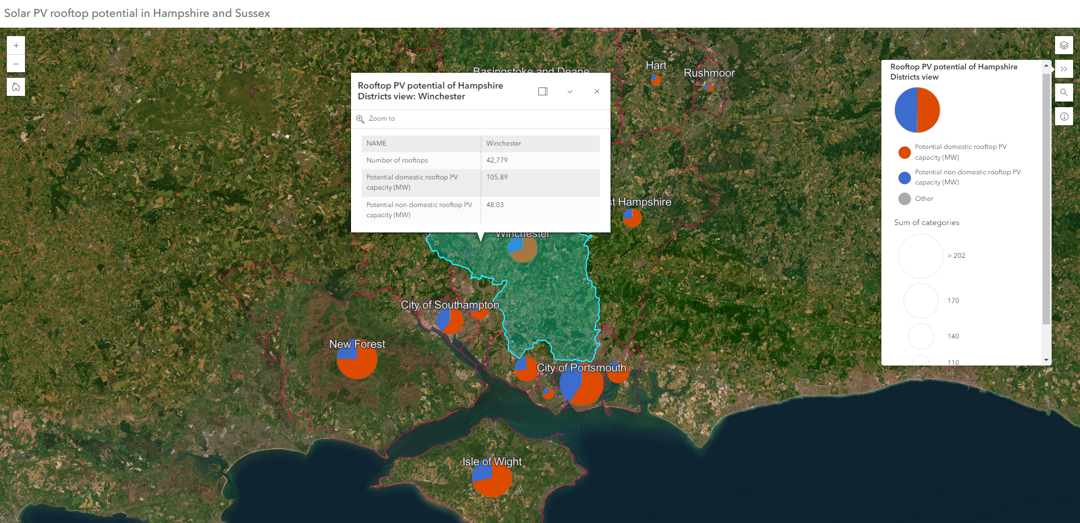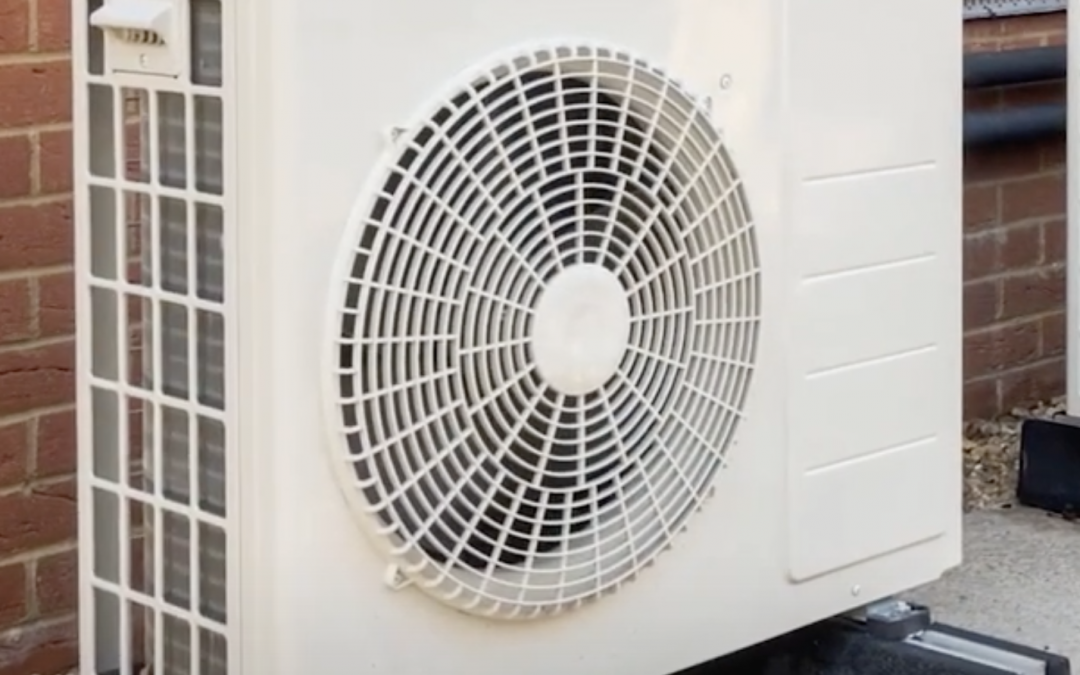
Rooftop solar means greater generation of renewable energy, closer to where it is used. However, understanding the possible scale of rooftop solar requires mapping the potential, building by building.

Developing new knowledge and tools to address understanding of health risks (including long-term outcomes) for the most vulnerable, and how this relates to the interplay between variability of temperature hazards and outdoor/indoor exposure as driven by socio-economic gradients and mobility

Low-income and vulnerable consumers receive grant funded LCTs through local authority retrofit schemes, but without supporting households to switch tariffs or using digital optimisation tools, retrofit schemes risk creating a socio-technical performance gap that this project will evidence and address through a range of capability-based interventions that are tailored to those in vulnerable circumstances.

This project is a response to the UK’s overheating risk introduced by climate change. By 2070, climate projections for the UK estimate an increase in seasonal average temperatures of up to 5.1°C in summer as well as more intense and frequent extreme events such as heat waves.

This project, currently in its second-phase will build on Southampton’s characteristics, opportunities and challenges through developing a combined techno-economic methodology coupled with stakeholder engagements to support a coherent feasibility studies to address its pathway to net zero.

This project aims to explore the potential of integrating electric cooking in mini grids in order to replace the use of LPG and firewood. The project will use the Oloika Solar mini grid project as a case study, utilising the excess power generated by the PV system.






